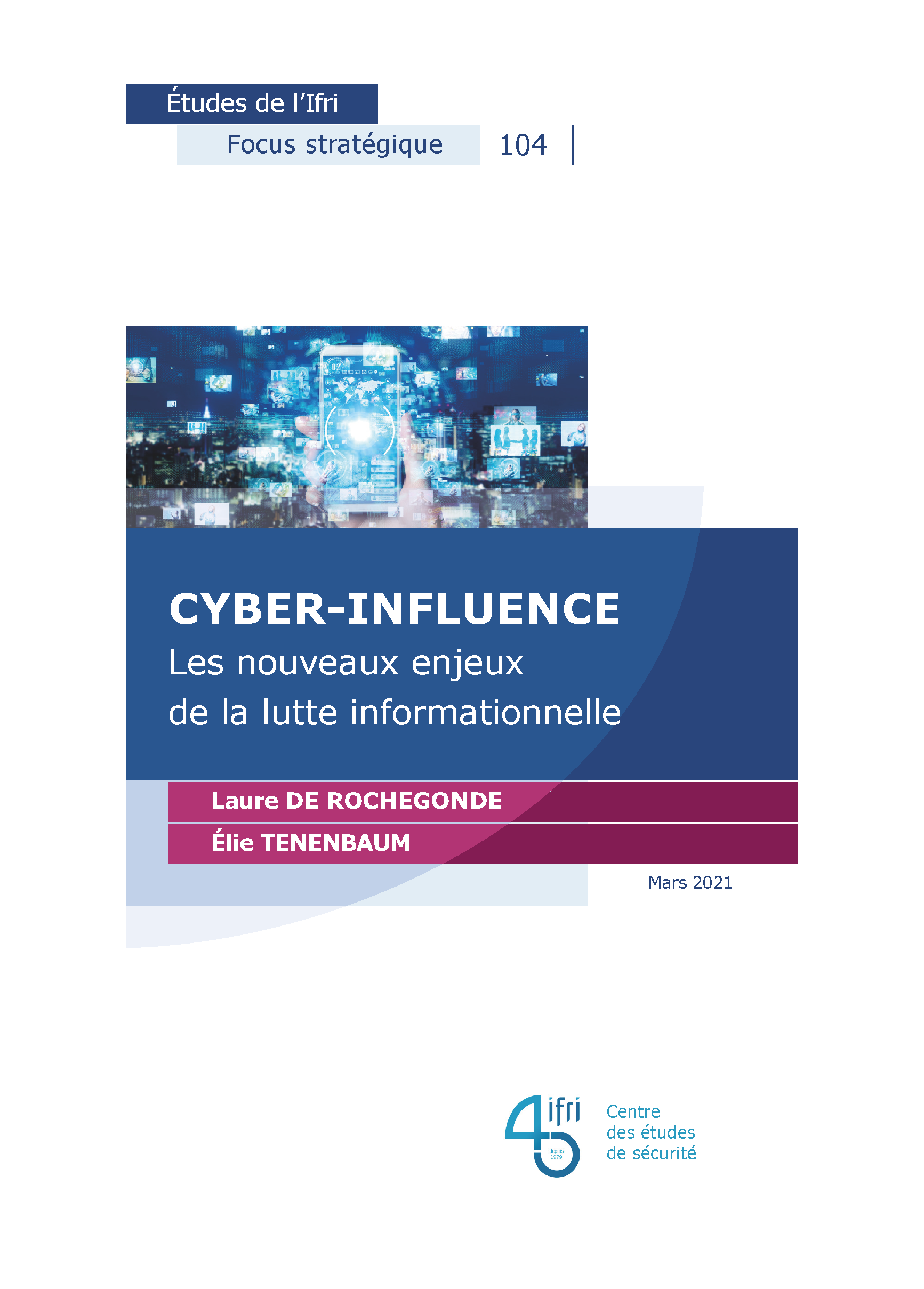Cyber-influence : les nouveaux enjeux de la lutte informationnelle

The coming of age of a digital “info sphere” has dramatically changed the nature of military information support strategy.

Though information operations are as old as war itself, armed forces have had to adapt their strategies to establish themselves in cyberspace. On the top of non-state actors such as the Islamic State using in its asymmetrical warfare way, great powers like China, the United States and Russia have been particularly active in this field of cyberspace information operations. In the near future, the development of artificial intelligence and personalization techniques, the modification of content or the use of blockchain are likely to disrupt even more the military approaches to information warfare. The transformation of this domain therefore poses many challenges to the armed forces, which must adapt to a confrontation that goes well beyond their ordinary scope. It is now up to France to get the measure of these issues, and to adapt accordingly in terms of strategy and capabilities.
This content is available in French: Cyber-influence : les nouveaux enjeux de la lutte informationnelle.

Available in:
Regions and themes
ISBN / ISSN
Share
Related centers and programs
Discover our other research centers and programsFind out more
Discover all our analysesMapping the MilTech War: Eight Lessons from Ukraine’s Battlefield
This report maps out the evolution of key technologies that have emerged or developed in the last 4 years of the war in Ukraine. Its goal is to derive the lessons the North Atlantic Treaty Organization (NATO) could learn to strengthen its defensive capabilities and prepare for modern war, which is large-scale and conventional in nature.
"Iron Swords" A Military Analysis of Israel's War in Gaza
On October 7, 2023, Hamas' attack, dubbed “Al-Aqsa Flood,” caused a major shock and led Israel to launch the longest war in its history. Operation “Iron Swords” was notable for its unprecedented intensity, both in terms of the massive ground forces deployed and the firepower used.
Saudi Arabia’s Nuclear Temptations. Lessons Learned from Regional Instability
Saudi Arabia’s integration in the international arena and regional stability, notably through reducing its dependence on fossil energies, are crucial elements for the success of the Kingdom’s Vision 2030, the Crown Prince’s top priority. However, Mohammed bin Salman’s declarations in 2018 and 2021, indicating that “if Iran develops a nuclear bomb, we will follow suit as soon as possible”, combined with the recent strikes on key Iranian nuclear facilities, do not bode well for the future of the Kingdom, the region and the non-proliferation regime at large.
The Future of Air Superiority. Command of the Air in High Intensity Warfare
Air superiority, understood as control of the air, is a cornerstone of the Western art of warfare. It is a decisive condition, albeit not sufficient by itself, to achieve military victory, as it enables the concentration of air power toward the achievement of wider strategic objectives and protects other components from unbearable attrition levels. It is best achieved through the offensive use of air power in a joint effort to neutralize the enemy’s air power.














